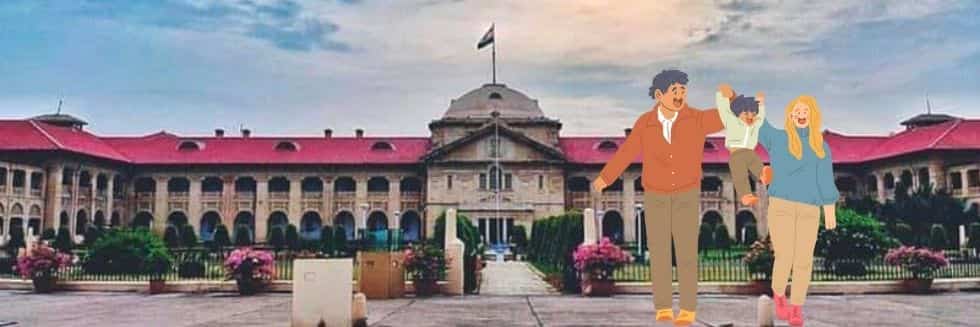Supreme Court granted divorce to an army officer while observing that defamatory complaints against spouse and damaging the reputation amount to mental cruelty.
A three-judge bench headed by Justice SK Kaul held that Uttarakhand High Court was in error in describing the couple’s relationship as normal wear and tear of middle-class married life.
The bench noted, “It is a definite case of cruelty inflicted by the respondent against the appellant and as such enough justification is found to set aside the impugned judgment of the High Court and to restore the order passed by the Family Court.”
“The appellant is accordingly held entitled to dissolution of his marriage and consequently the respondent’s application for restitution of conjugal rights stands dismissed. It is ordered accordingly,” added the bench, also comprising Justice Dinesh Maheshwari and Justice Hrishikesh Roy.
The bench was hearing a divorce petition which was filed by an army officer. He had alleged mental cruelty on the part of his wife by damaging his reputation. His wife holds a faculty position in a government PG college.
The couple got married in 2006 and resided together only for a few months. Their relation was not so healthy right from the initial days of their marriage. They have lived apart since 2007.
Earlier the wife had filed a petition for the restitution of conjugal rights and for the resumption of matrimonial life.
The three-judge bench noted, “The degree of tolerance will vary from one couple to another and the Court will have to bear in mind the background, the level of education and also the status of the parties, in order to determine whether the cruelty alleged is sufficient to justify dissolution of marriage, at the instance of the wronged party.”
“For considering dissolution of marriage at the instance of a spouse who allege mental cruelty, the result of such mental cruelty must be such that it is not possible to continue with the matrimonial relationship,” the bench said.
The court noted that the allegations were made by a highly educated spouse and therefore, they do have the propensity to irreparably damage the character and reputation of the appellant.
The court noted, “When the reputation of the spouse is sullied amongst his colleagues, his superiors, and the society at large, it would be difficult to expect condonation of such conduct by the affected party.”
The apex court bench stated that the materials in the present case reveal that the wife made several defamatory complaints to the appellant’s superiors in the Army. Following which, a Court of inquiry was held against the appellant by the army authorities.
The bench also noted that the appellant’s career progress got affected and the wife was also making complaints to other authorities, such as, the State Commission for Women, and has posted defamatory materials on other platforms.
“When the appellant has suffered adverse consequences in his life and career on account of the allegations made by the respondent, the legal consequences must follow and those cannot be prevented only because no Court has determined that the allegations were false,” the court said.
The explanations given by the wife that she did all this to save her marriage were considered as her efforts to undermine the dignity and reputation of the appellant.
“In circumstances like this, the wronged party cannot be expected to continue with the matrimonial relationship and there is enough justification for him to seek separation,” the bench stated.






